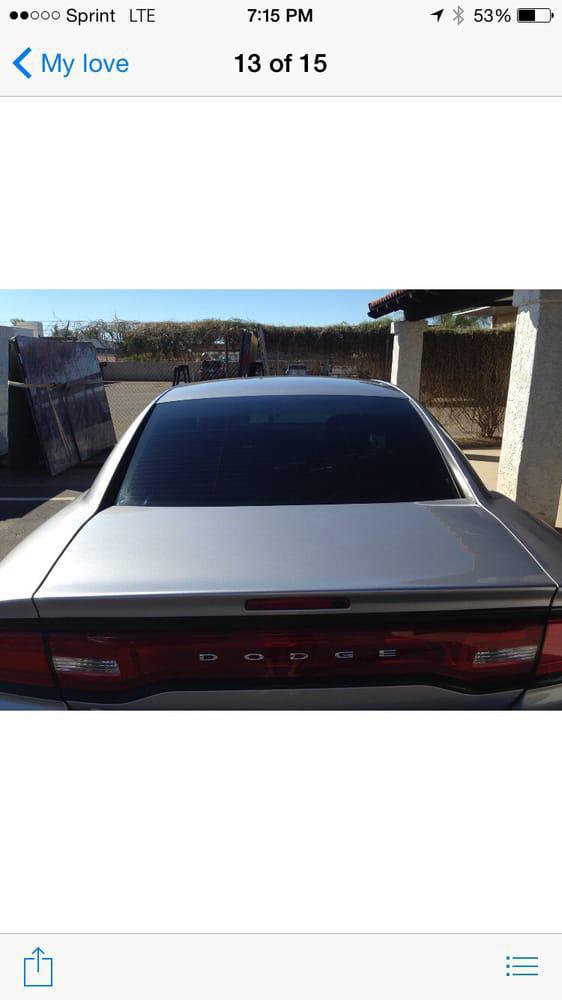
Tell us what you think of France’s ban on petrol and diesel cars
A step in the right direction, a knee-jerk overreaction. We’re all ears
Read more on:
We’re going to attempt something a little different with this one – instead of just reporting, or voicing our opinions, we’re going to ask you a lot of questions, none of which are rhetorical. We’re genuinely wondering what you make of this, so please forgive this barrage of enquiry.
Ready? Let’s begin.
So, by now you’ve most likely heard the news – France is banning the sale of petrol and diesel cars by 2040. At very first glance, this looks pretty revolutionary. But is it?
Considering how quickly electrical cars have advanced in both technology and sales share, will there even be all that many dino-juicers left on the fresh car market?
Volvo’s already said that all of its fresh cars will be electrified and Tesla literally can’t build its electrical cars soon enough for its customers. And, in case you left behind, the top echelon of spectacle cars – and the top tiers of motorsport – rely on electrified motors.
By 2040, and we’re genuinely asking, how many regular road cars do you think will have a petrol or diesel engine as anything more than a battery range extender, if at all?
Okay, let’s budge past how much of an effect the ban will actually have and on to the reasons behind it. And form your own opinions there as you see fit.
But very first, we are obliged to recognise that cars produce gaseous and solid particulate compounds that have an adverse effect on the health and wellbeing of humans and the environment in which they reside. And we’d just as soon go without air pollution, if it’s all the same to everyone.
Take London, for example – no one here wants to breathe in smog and soot; it’s just one of those facts of life that we have to put up with at the moment, like the 40ºC temperatures on the Central line in summer. We’d gladly have cleaner air, cooler tube cars.
Related content
What does the Govt’s plan to ban petrol and diesel cars by two thousand forty mean?
BMW will build an all-electric Mini in 2019
Should you stick with diesel cars?
Scrappage schemes are back. Good or bad?
After various emissions scandals and damning air quality reports across major cities, it’s fair to say cleaner air is on our collective mind at the moment. And, as cities proceed to grow in both population and population density, it’s a very real issue that’ll affect a larger number of us over the coming years, especially in large, strongly polluted cities like Manila, Mexico City, Delhi and Beijing.
Now, with that said, it’s not just road vehicles that pollute. Of course, the truly staggering number of cars, buses, trucks and motorcycles that wander the earth – as well as the drilling, processing and shipping that support them – contribute a not-insignificant proportion. But we would like to draw attention to the aeroplane engines that contribute exceptionally large amounts of carbon, nitrogen and sulphur oxides, and the fact that we’re flying more with every passing year. And it seems like a far-off ban on cars in a post-industrial European nation won’t do much to solve air quality issues in Hanoi or Lahore – unless, of course, it compels the market to adapt to suit.
But, as we said towards the beginning of this chunk, the market’s already moving towards low emissions and electrification at a rate that’d more than equal anything in the motor car’s history. And that’s without a sweeping, blanket ban.
Of course, manufacturers have certainly read the tea leaves to see which way the market (and legislators) are leaning, and have been held to account repeatedly by laws and those who enforce them.
So, with all of our cards on the table, we ask again – what effect do you think Macron’s ban will have? Is this the death knell, the harbinger of the end of internal combustion, or will it result in a lot of cars on the streets of Paris with Italian number plates?
Share this page:
What do you think?
This service is provided by Disqus and is subject to their privacy policy and terms of use. Please read Top Gear’s code of conduct (link below) before posting.